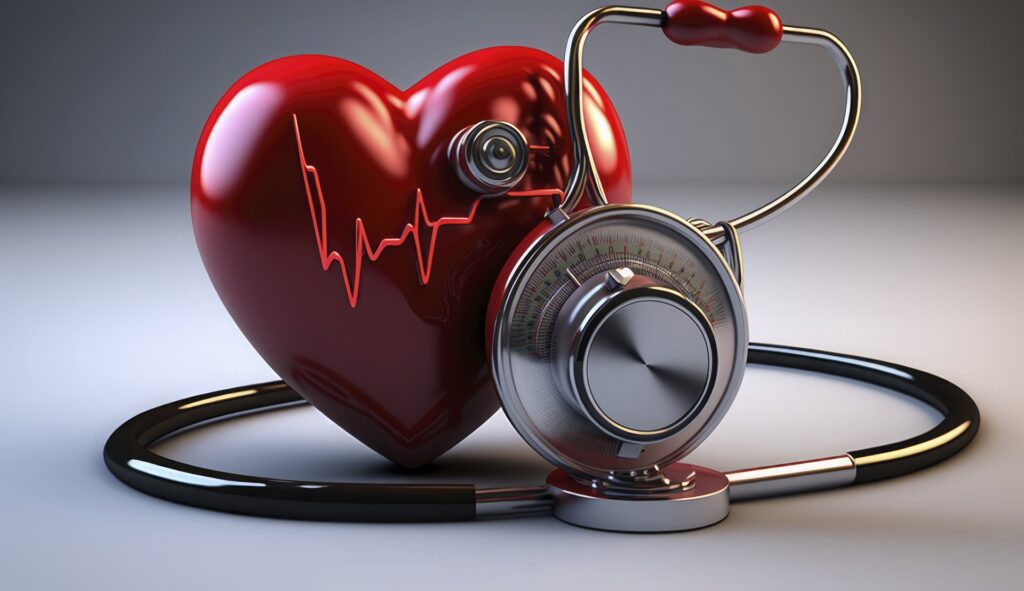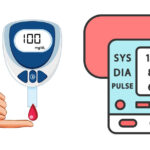We all want to have a healthy heart. But what does it mean exactly, how to measure heart health? What parameters are relevant and important to heart health in your blood test? What should you tell to your doctor or to a cardiologist? Here are the metrics of a healthy heart for you.
Metrics for Patients
- Blood Pressure: High blood pressure, or hypertension, can only be detected by being measured. A score of 120/80 is optimal, and under 140/90 is normal for most people. Higher readings mean that arteries aren’t responding right to the force of blood pushing against them, directly raising the risk of heart attack or stroke.
- Non-HDL Cholesterol: This is your total cholesterol reading minus your HDL (high-density lipoprotein) cholesterol, a measure of fats in the blood that can narrow and clog arteries to the heart. Lower is better: Aim for a score lower than 130 mg/dL or, if you’re at a high risk of heart disease, lower than 70–100 mg/dL. This is a standard parameter in a blood test .
- Blood Sugar: High blood sugar ups your risk of diabetes, which damages arteries. In fact, type 1 and type 2 diabetes are among the most harmful risk factors for cardiovascular disease.
- Body Mass Index (BMI): Adults with a BMI greater than 30 are classified as “poor,” indicating a higher risk of cardiovascular health issues.
- Heart Rate Variability (HRV): HRV is the amount of time between each heartbeat, which is controlled by the autonomic nervous system. A good HRV is a sign that your nervous system can adapt well to various situations, which is good when it comes to handling stress and balanced health overall. There smartphone apps available to do measure HRV now, but EKG is the traditional validated way.
Metrics for Cardiologists To Know
- Smoking Status: Smoking is a significant risk factor for cardiovascular diseases. It’s important for your cardiologist to know if you smoke or have smoked in the past, as this can influence your treatment plan.
- Physical Activity: Regular physical activity can help lower your risk of heart disease. Your GP or cardiologist should know about your real exercise habits to assess your risk and provide appropriate advice.
- Diet: Your diet can significantly impact your heart health. Inform your cardiologist about your eating habits, especially if you consume a lot of high-fat or high-sodium foods.
Relevant Tests and Data
- Blood Tests: Regular blood tests can help monitor levels of cholesterol, blood sugar, and other important markers. You should have these tests at least once a year, or more often if you’re at high risk of heart disease.
- Electrocardiograms (ECGs): ECGs measure the electrical activity of your heart and can help detect heart disease and other conditions. Your cardiologist may recommend regular ECGs depending on your risk factors.
- Stress Tests: Imaging tests like echocardiograms or stress tests can provide a detailed picture of your heart’s structure and function. These tests are typically done if you have symptoms of heart disease or to monitor the progress of treatment.
- Clinical Data: This includes your medical history, family history of heart disease, and any symptoms you’re experiencing. It’s important to provide your cardiologist with this information to help them make an accurate diagnosis and treatment plan. Regular check-ups and screenings can help collect this data over time.





